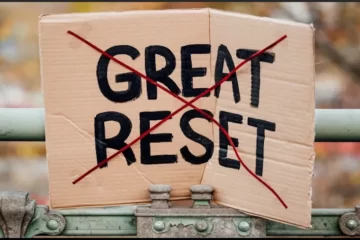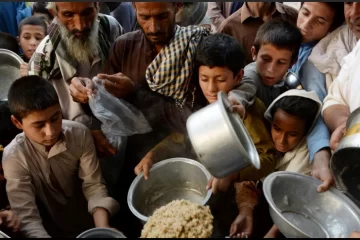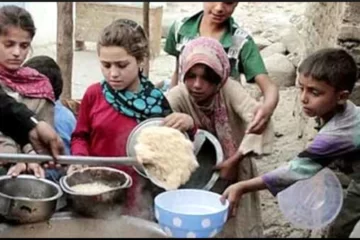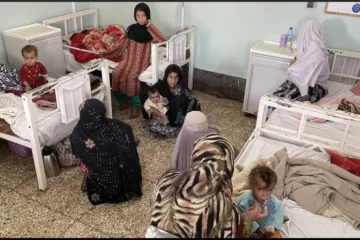US Corporations Own Around 30% of Ukrainian Arable Land
by Drago Bosnic, published on InfoBRICS, August, 2022 This is how the U.S. treats its friends; pretty much the same as it treats enemies. [jb] The destruction and plunder of Ukraine have been old news for quite some time now, unfortunately. However, the media and the public have only scratched the surface of the sheer scale of this process. With[…]
Read more









